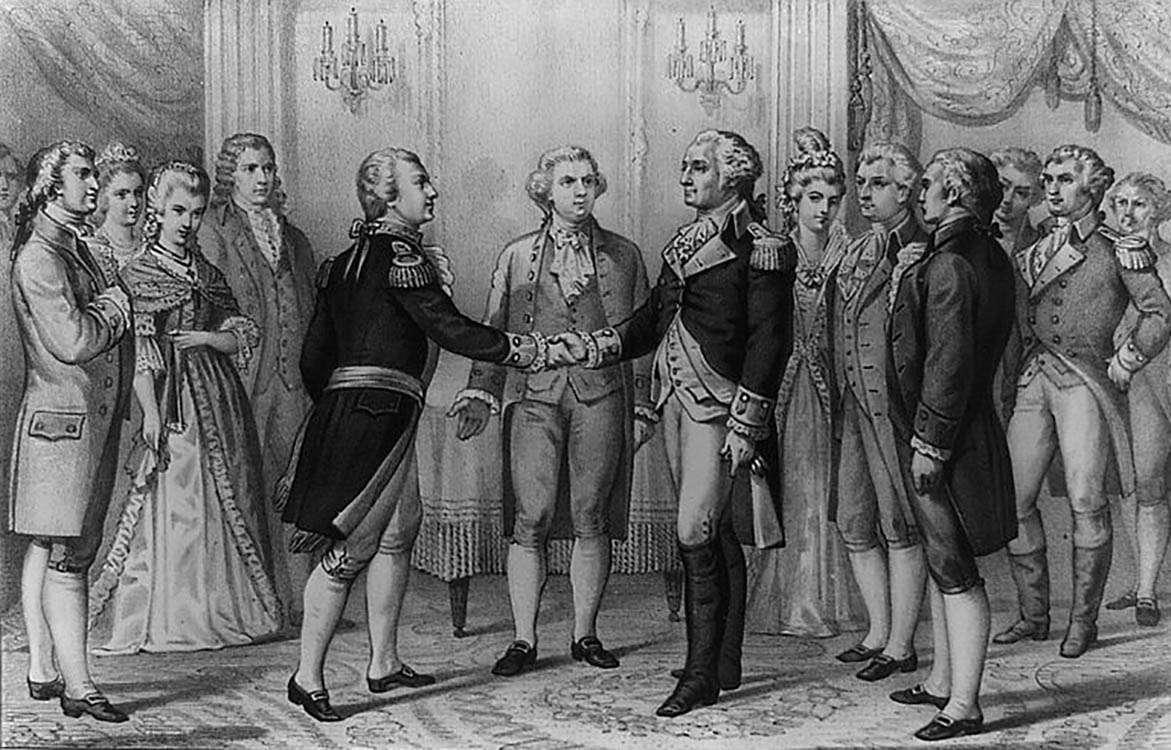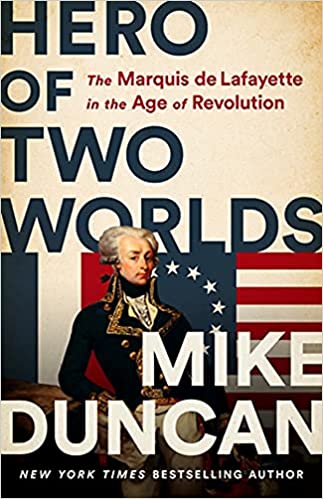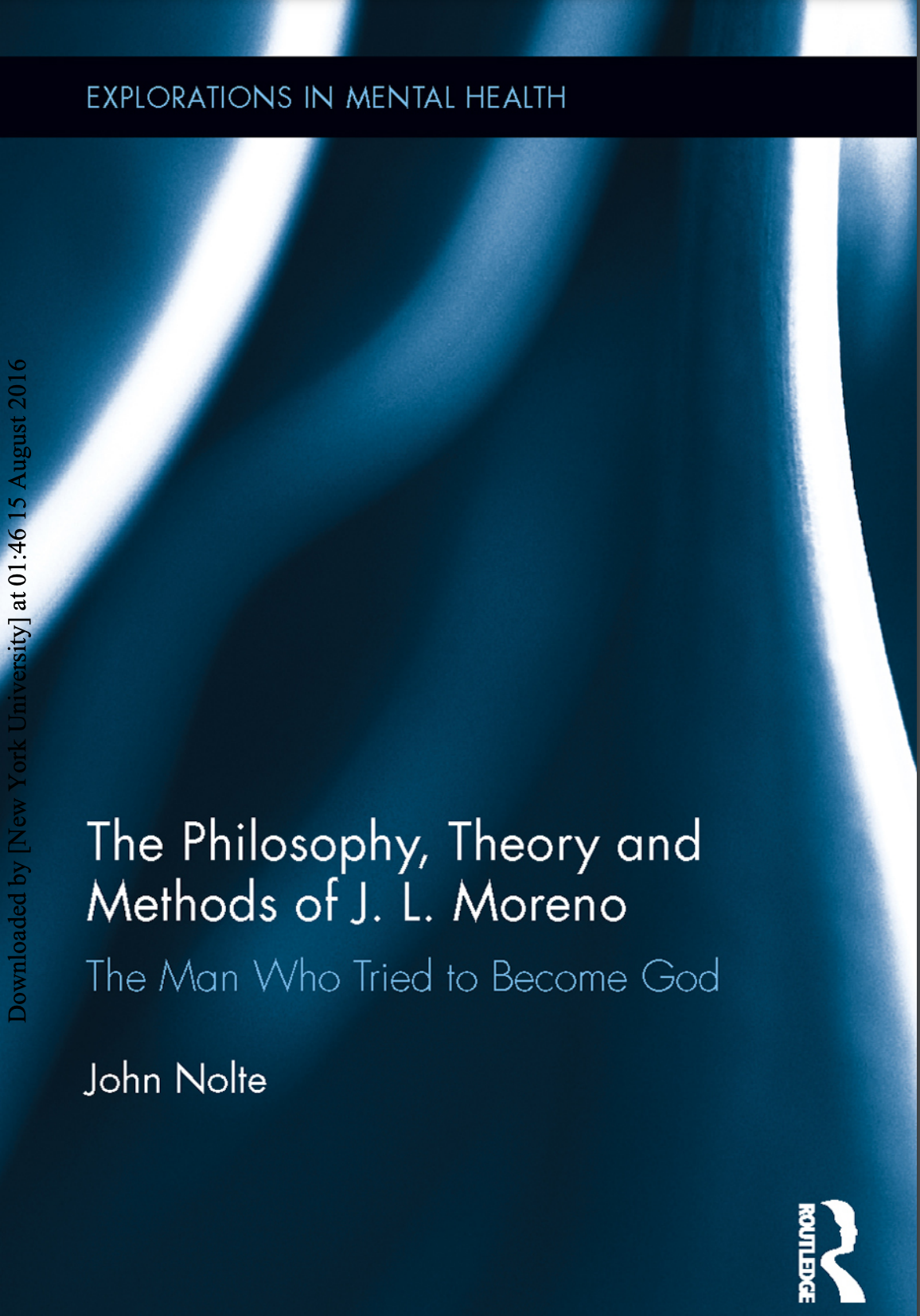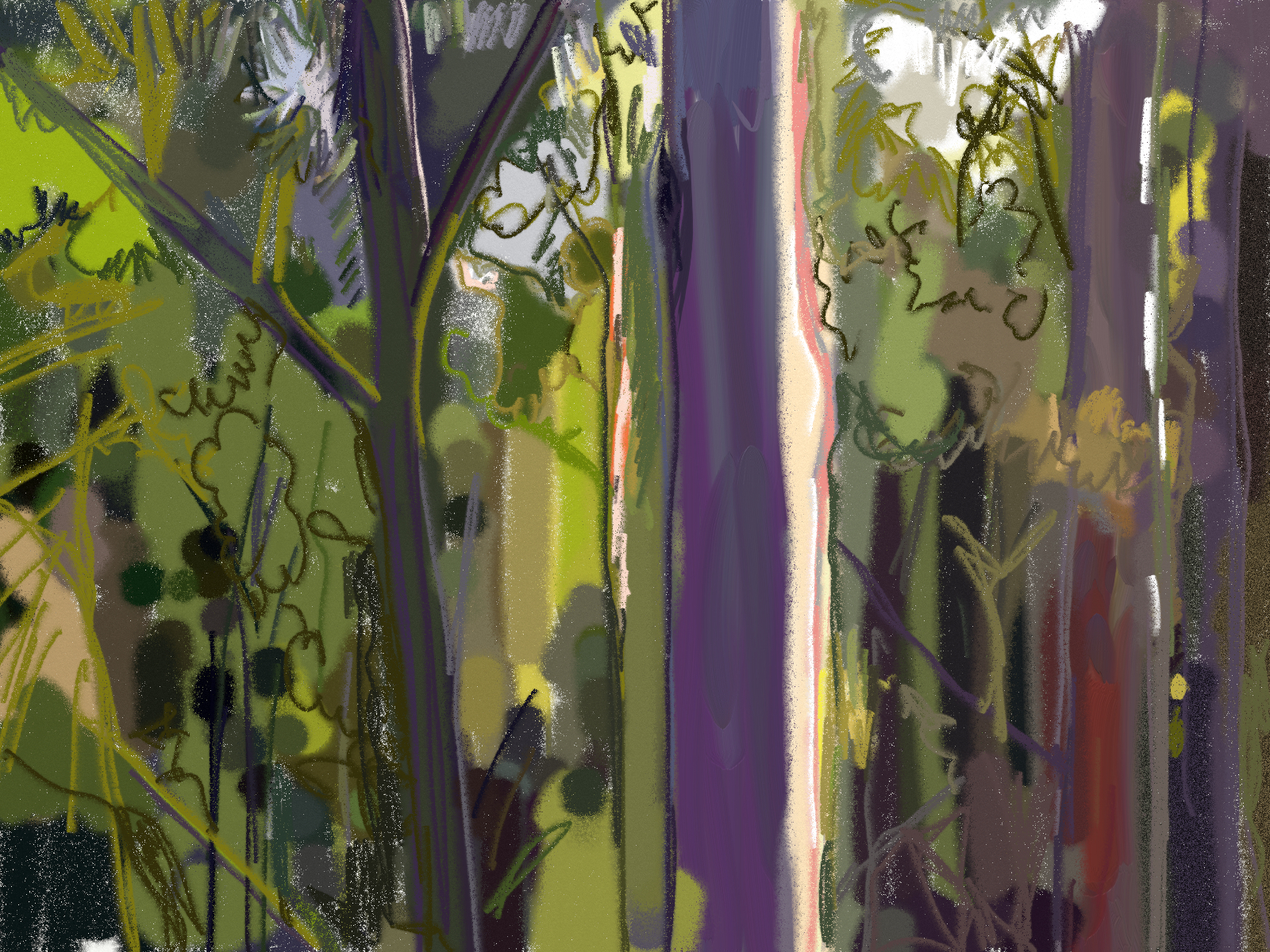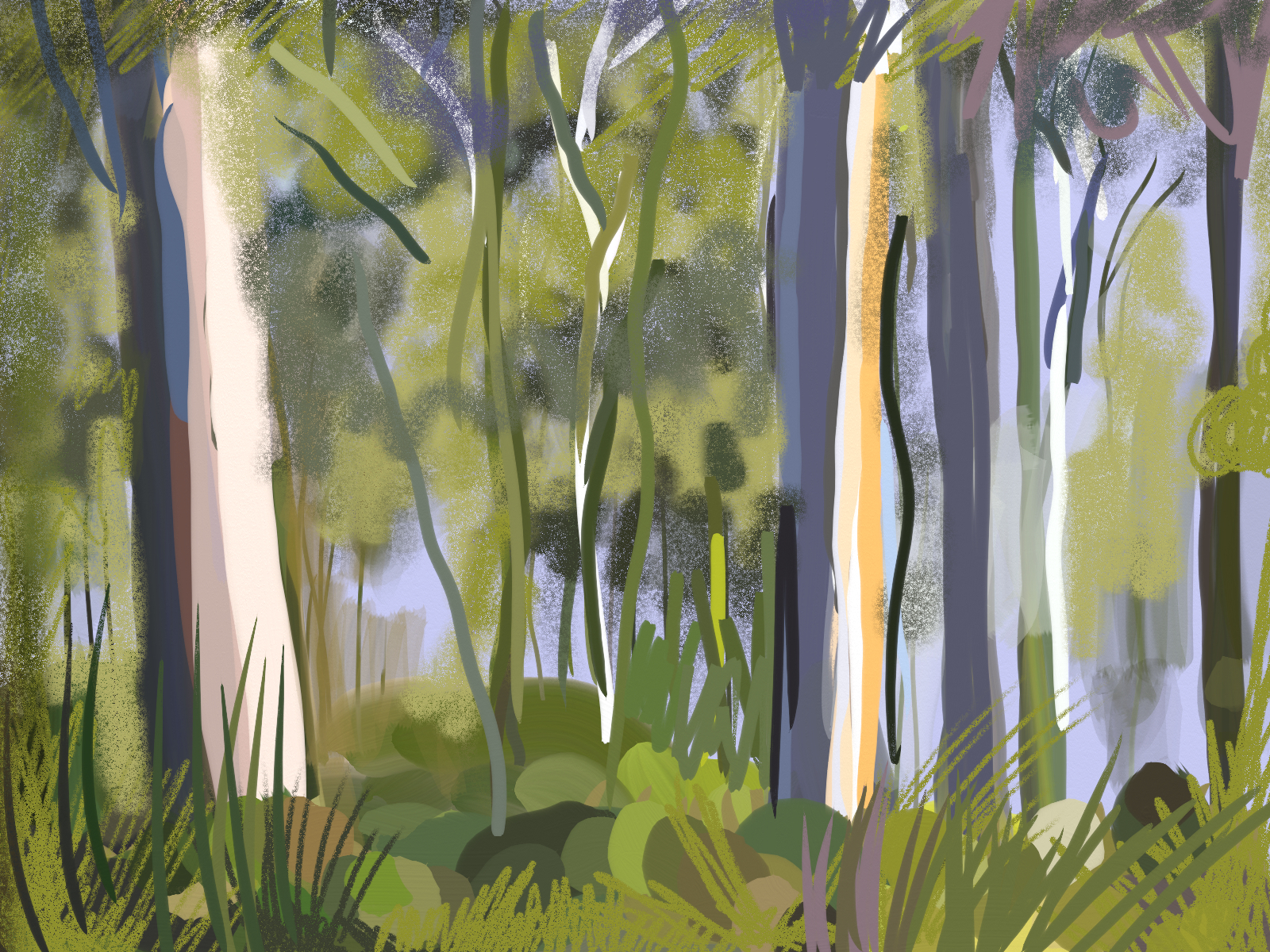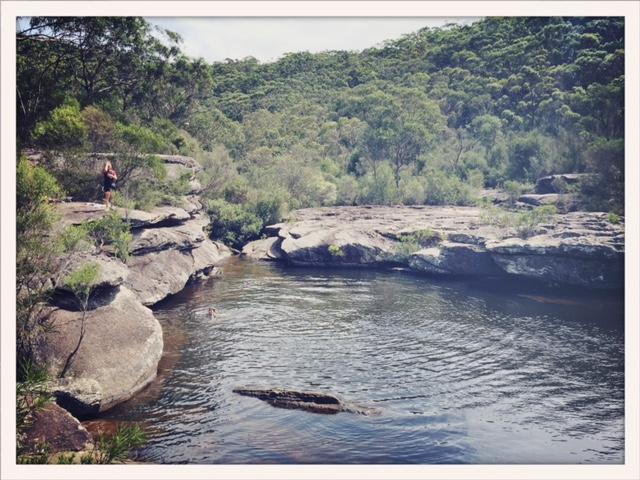Amazon
John Nolte – Three Psychodrama Books
The Philosophy, Theory and Methods of J. L. Moreno
Bush: in my life…
Bush Is one of my six life streams. Bush in Heathcote, Blue Mountains, Shoalhaven, Tasmania and Aotearoa New Zealand. And back to the Larapinta trail. And the mountains of New Zealand. I’m a bushwalker. It’s an identity I developed in my teens. It’s never gone away. I do more walking in the bush than is evident here. This walking, climbing, mountaineering, tramping, camping and travel aspect is huge in my life but minimal in this blog, as I championed the psyche in cyberspace.
https://www.thousandsketches.com/2006/12/10/trees-2/
Growing up on the edge of two national parks I had the years from 8 to 18 years walking, running in beautiful bush. And swimming in the hospitable creeks, surfing in the best beaches in the world. Then I left for teachers college in Tasmania, one big national park. After Tasmania, aged 22 I went on a world ‘working holiday’, but climbing and skiing kept me there then university marriage and parenthood. now in Aotearoa New Zealand still at 77 and almost part of the bush here.
Notice it was university as well that kept me here, part of another life stream I call Words.
And a relationship, another life stream.
https://swimmingholeheaven.com/nsw-eddies-pool.htm
The Rovers Pool
Changes to this weblog – Notes for myself
Thursday, 09 September 2021
I’ve been doing a lot. Settling the blog into its old home at https://psyberspace.walterlogeman.com
Today tried creating yet another full width template from here: https://gist.github.com/Netzberufler/792a74d63f24aadcad444f4c9d415c11
worked fine but I don’t need that. It was only for Pags and Default works fine.
Added a todo tag. On thing is to create a child theme. I’d hate it all to go to custard with a theme update.
21 May, 2020
This website url is now http://www.psyberspace.wordpress.com, just as it was about 20 years ago, before I began self hosting. Hope everything works. (To hell with a custom domain!)
New Walter Logeman page: http://walterlogeman.co.nz
New home for Thousand Sketches: http://thousandsketches.com
It has been a lockdown project to close my Dreamhost server. It has served me well but it took management — that I have hopefully outsourced to WordPress.com
*
More to do:
My email and some other people’s who have been on my Dreamhost.
Kate’s website & email. http://katetapley.co.nz (coming)
My old Psybernet site??
*
I think I’ll be happier to do more blogging — It has been hard with a site that came up with Viagra ads etc.
Community-Based Research: Creating Evidence-Based Practice for Health and Social Change
This is an interesting and valuable paper and link to kindred spirits. Something to integrate into my long paper on methodology.
http://www.leeds.ac.uk/educol/documents/00001388.htm
Community-Based Research: Creating Evidence-Based Practice for Health and Social Change
Marcia Hills, R.N., Ph.D.
Jennifer Mullett, Ph.D.
Community Health Promotion Coalition
University of Victoria
Victoria, BC, CanadaPaper presented at the Qualitative Evidence-based Practice Conference, Coventry University, May 15-17 2000.
Evidence-based practice usually refers to gathering quantitative data upon which to base decisions about what constitutes effective or efficient practice or what is sometimes referred to as “best practices”. The authors argue that, when gathering evidence about practice concerning people in communities which is often the case in the health sector, different evidence is needed and, consequently, different methodologies and methods for collecting that evidence must be used. In this context, the notion of basing practice on evidence raises the question “what do we accept as evidence upon which to base our practices that involve people in communities?”
Encounter
This is the third of three posts based on the monograph “Origins of Encounter and Encounter Groups” by J.L. And Zerka Moreno
This is obviously the main theme of the encounter monograph. There is more here on encounter than I’ve seen in other books by Moreno.[Check out Vol 2] Useful. Encounter is so central to Moreno’s opus, but it has not been developed fully in practice. It was railroaded by the ‘encounter’ movement.
I think some clarification is needed, philosophically, for the psychodrama director to enhance practice, and for people seeking greater depth of encounter in their lives. How is encounter related, in practice, to role reversal, mirroring and doubling, how can encounter be produced on the stage and as a phenomenon in life?
A more comprehensive definition of encounter is contained in Progress in Psychotherapy, Vol. I.* “Encounter, which derives from the French rencontre, is the nearest translation of Begegnung. The German zwischen-menschlich and the English ‘interpersonal’ or ‘interactional’ are anemic notions compared to the living concept of encounter. Begegnung conveys that two or more persons meet not only to face one another, but to live and experience one another—as actors, each in his own right. It is not only an emotional rapport, like the professional meeting of a physician or therapist and patient or, an intellectual rapport, like teacher and student, or a scientific rapport, like a participant observer with his subject. It is a meeting on the most intensive level of communication. The participants are not put there by any external authority; they are there because they want to be— representing the supreme authority of the self-chosen path. The persons are there in space; they may meet for the first time, with all their strengths and weaknesses—human actors seething with spontaneity and zest. It is not Einfühlung; it is Zweifühlung—togetherness, sharing life. It is an intuitive reversal of roles, a realization of the self through the other; it is identity, the rare, unforgotten experience of total reciprocity. The encounter is extemporaneous, unstructured, unplanned, unrehearsed—it occurs on the spur of the moment. It is ‘in the moment’ and ‘in the here’, ‘in the now’. It can be thought of as the preamble, the universal frame of all forms of structured meeting, the common matrix of all the psychotherapies, from the total subordination of the patient (as in the hypnotic situation) to the superiority and autonomy of the protagonist (as in psychodrama).” “Summing up, Begegnung is the sum total of interaction, a meeting of two or more persons, not in the dead past or imagined future, but in the here and now, hic et nunc, in the fullness of time—the real, concrete and complete situation for experience; it involves physical and psychic contact. It is the convergence of emotional, social and cosmic factors which occur in all age groups, but particularly in adolescence (Begegnung syndrome); it is the experience of identity and total reciprocity; but above all, psychodrama is the essence of the encounter.”
* The first journal which has the phrase “interpersonal relations” in its title.
(Moreno & Moreno, 1970)
I’m not sure if the reference is to Psychodrama Vol 2, but that does have a relevant passage:
In other words, a process which had operated from the start, parallel to the charm produced by transference, is now coming more strongly to the fore. He sees the patient now as she is. This other process acting between two individuals has characteristics missing in transference. It is called “tele”, feeling into one another. It is “Zweifühlung” in difference from “Einfühlung”. Like a telephone it has two ends and facilitates two-way communication. It is know that many therapeutic relations between physician and patient, after a phase of high enthusiasm from both sides, fade out and terminate, often for some emotional reason. The reason is frequently a mutual disillusionment when the transference charm is gone and the tele attraction is not sufficiently strong to promise permanent therapeutic benefits. It can be said that the stability of a therapeutic relationship depends upon the strength of the tele cohesion operating between the two participants.
(Moreno & Moreno, 1975:6-7)
Moreno, J. L., & Moreno, Z. T. (1970). Origins of encounter and encounter groups (Psychodrama and group psychotherapy monographs, no. 45). Beacon House.
Moreno, J. L., & Moreno, Z. T. (1975). Psychodrama Second Volume: Foundations of Psychotherapy (Second Printing). Beacon, New York: Beacon House.
Progress and Pitfalls in Sociometric Theory
I’ve tagged this “psychodrama-lib” I think we have this journal in the Christchurch Psychodrama Library, and it looks like a good article. I am particularly interested in the idea that there is a different reality in the group, “underlying, intangible, invisible,unofficial structure but one which is more alive, real and dynamic than the other.” to quote from the first page, all they will give me on the Net!!
JSTOR: Sociometry, Vol. 10, No. 3 (Aug., 1947), pp. 268-272:
# Progress and Pitfalls in Sociometric Theory # J. L. Moreno # Sociometry, Vol. 10, No. 3 (Aug., 1947), pp. 268-272 (article consists of 5 pages) # Published by: American Sociological Association # Stable URL: http://www.jstor.org/stable/2785077

